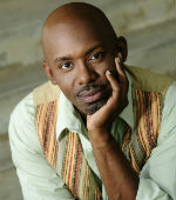Fall 22 - Spring 23 Honors Faculty Fellows
Main Content
Fall 2022: Faculty Fellows
Darryl Clark, Assistant Professor, Musical Theatre and Dance, College of Arts and Media
-
Bodies Moving Borders: The Birth and Development of Tap, Jazz and Hip-Hop Dance in the United States– New!
This course will delve into the historical roots and development of Tap, Jazz, and Hip-Hop and trace their close links with the African American community. Through the process of learning about these dance forms, including a few workshops in dance, students will discover the interrelation between these three dance idioms. We will also see the full weight of the impact of these dance practices on contemporary forms of popular entertainment.
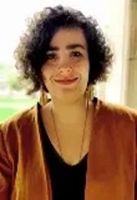
-
Snapshots of the U.S./Mexico Border: Politics of Care and Resistance– New!
This course is an analysis of the experience of the U.S./Mexico border from the perspectives of racialized immigrants, refugees, and other minoritized groups as represented in fiction, film, art installations, and other artistic forms. Using these different forms of cultural production as case studies, we will examine the border region as a site of labor, exchange, the construction of citizenship, and discourses of otherness. The questions animating this seminar are: How does the US contribute to shaping contemporary migration (policies, attitudes, longer history of immigration)? How do art and literature represent migration? Can cultural production be a form of caring and resistance?
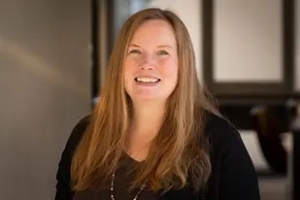
Jane E. Dougherty, Associate Professor, English, College of Liberal Arts
-
Exploring Children’s Literature – Student generated!
This is a student-generated course, developed at the request of an Honors student desiring to go deeper into children’s literature. In this course, we will engage with a range of juvenile literature and other media, aimed at readers from the ages of 0-18. We will establish the behavioral, psychological, and educational advantages of reading to very young children, examine the development of literacy in children and adolescents, and explore how juvenile literature socializes and acculturates children and adolescents. We will determine what makes a successful children’s book and write our own, revisit the books we knew and loved when we were young(er), and consider a variety of juvenile genres, including non-fiction, horror, comedy, poetry, and fantasy.
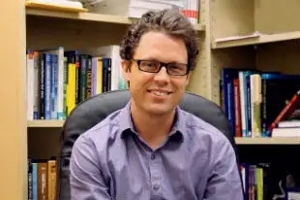
Chad Drake, Associate Professor, Psychology, School of Psychological and Behavioral Sciences
-
Psychological Skills for Everyday Life– New!
This seminar explores evidence-based approaches to behavior change, with a particular focus on applying these tools in ways that facilitate personal growth. One might think of this class as a “hands on” experience in developing skills to enhance personal motivation, attention, cognitive flexibility, self and social awareness, emotional maturity, and life engagement. We will draw on insights from behavior therapy, cognitive behavioral therapy, and acceptance and commitment therapy; all of which emphasize personal values and mindfulness skills, among other things, to build psychological flexibility. Students will become familiar with the historical backdrop of these technologies and will explore their relevance to the stresses and challenges of ordinary life problems.
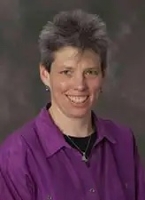
Maria V. Johnson, Associate Professor of Ethnomusicology, School of Music, College of Arts and Media
-
Yoga and Sound Healing
This course provides introductions to both yoga and to the healing science of sound. While learning basic alignment principles and core poses of yoga, students will experience first-hand yoga's health benefits and the healing effects of sound/vibration on brain and body. How can yoga and sound practices help foster clearer thinking, emotional equilibrium, a sense of peace and well-being, balance, flow and ease in navigating your life? How can yoga and sound practices facilitate greater awareness, compassion, empathy, presence, and deeper interpersonal communication? How can practices of yoga and sound create safe spaces that nurture internal processes and a sense of feeling at home in your body while fostering a sense of community and belonging? This course challenges the student not only to think across disciplinary divides but also to integrate the creative and the scholarly, the embodied practices of yoga and sound with the scientific principles and concepts behind them.
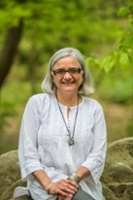
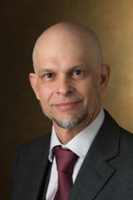
Jyotsna Kapur, Professor, Cinema and Media Studies & Director University Honors Program, SIUC and Eric Ruckh, Associate Professor, History & Director University Honors Program, SIUE
-
The Aesthetic Impulse: Why humans make art and how art makes us human?
From the famous paleolithic cave paintings, from approximately 35,000 to 40,000 years ago, humans have been making art, that is both representing the world and inventing other worlds. This drive is one of the definitive features of our species, of who we are and how we think. It seems an unavoidable necessity—the reason why we can be described both as homo faber (as maker) and homo ludens (as playful). Is the artistic impulse an impulse to preserve or to play, to waste or to wonder? Is it how we grasp the reality of our existence or how we delude ourselves away from it? Is the artistic impulse liberatory or does it socialize us into structures of exploitation? In this seminar, we ask: why do humans make art and how art makes us human?
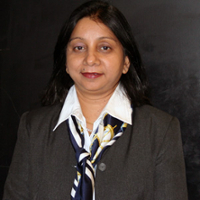
Kavita Karan, Professor, School of Journalism & Advertising, College of Arts and Media
-
Health Communication: Theory, New Strategies & Campaigns
The Covid-19 pandemic has increased the need to understand health issues, preventive, and safe health practices. Understanding the challenges and practices of communicating about health has never been more important than now. This course aims to increase the health literacy in understanding various issues relating to healthy lifestyle and behaviors. It will address the following questions: What are the global and large-scale health threats within the United States and other countries? What are the health communication campaigns and strategies being used to promote better lifestyles, prevent communicable disease adopt better health behaviors? How are new media and mobile technologies influencing and impacting health information and health practices? What are some major health issues of six-eight countries and the integrated efforts used to prevent or control diseases? How to plan a health communication campaign to promote a health issue of concern?
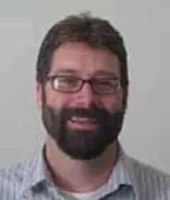
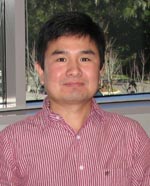
Grant Miller, Associate Professor & Lingguo Bu, Associate Professor, School of Education
-
Making Math Fun for Children: Design Literacies, STEM education & Community Engagement- New!
Creativity matters. So does community engagement. In this seminar, students will learn about a basic concept in design thinking, i.e., Problem-Based Learning (PBL) and how it may be used in freeing the creativity of children and making the teaching of Science, Technology, Engineering, and Mathematics (STEM) fun for elementary school children. In this theory-practice seminar, students will study the history, development, and curricula related to Problem-Based Learning (PBL) and try out what they have learned with children. We will design toys and exercises to make these subjects fun and meaningful, in the process, discover the joys of both learning and teaching. This seminar brings together some of the best Saluki traditions, i.e., the legacy of Buckminster Fuller’s contributions to design thinking and the SIUC commitment to enriching the local community.
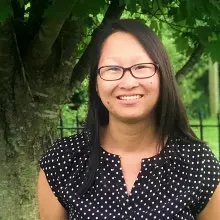
-
Addressing the Needs of Individuals with Autism Spectrum and related Disorders: Bridging the Gap Between Research and Practice - New!
The prevalence of autism has been on the rise over the last two decades. People with autism may face deficits ranging from social, emotional, and communication skills. They have different of ways of learning, paying attention, or reacting to things. Care for people with autism cannot be left at the individual, familial or clinical level alone but must be a social and community endeavor. Community support will enrich not only the lives of people with autism and their families but society, making it more inclusive and richer. This seminar aims to educate students on evidenced-based strategies when working with individuals with autism as an effort to address this gap in community knowledge. This course will also discuss how collaboration across professional disciplines can be beneficial for individuals with autism and their families. This course is unique in that students will have the opportunity for both classroom and direct clinical experience in applying learned skills at the Center for Autism Spectrum Disorders (CASD) on campus.
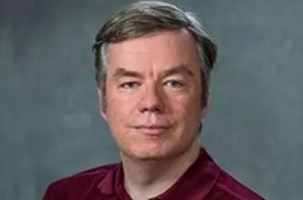
-
Politics, Power and Ideas in Victorian Britain – New student generated seminar!
The Victorian era (ca. 1830-1900) in Britain saw massive economic and social transformations brought about by industrialization and the emergence, for the first time, of a modern class society. Government itself was transformed during this period, as parliament found itself having to grapple with national issues such as poor relief and the Irish potato famine in the mid-1840s, and an intense contest over whether the economic policy of free trade capitalism ought to prevail. Questions of suffrage and democracy, of women's rights, and of the rights of labor, came to the fore. The era saw the interplay of major modern political ideologies such as conservatism, classical liberalism, Utilitarianism, radicalism, and socialism. This seminar will engage this history in a sustained interactive manner through the use of two full-length Reacting to the Past games, one written by Dr. Sramek and another by Ryan Jurich (an Honors student) under his guidance. Reacting to the Past emphasizes experiential learning. Students grapple with major works and ideological conflicts by playing a real historical character and advancing their character's ideas and goals through both cooperative and competitive game-play.
____________________________________________________________________
Spring 2022: Faculty Fellows
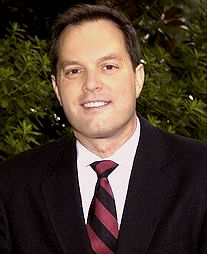
George A Brozak, Associate Director of Bands, Music
-
Social History of Rock and Roll
In this course, we will ask: What elements of music in a given work make it unique, interesting, and expressive? How do these elements differ from one artist to the next? How were artists (and their music) influenced by race, socio-economic status, culture, gender, and sexuality? How did the development of various instruments influence the “birth” of rock? What new methods of performance were a result of these developments? Many artists unknowingly signed-away the rights to their music for a few dollars; how have copyright laws in America progressed?
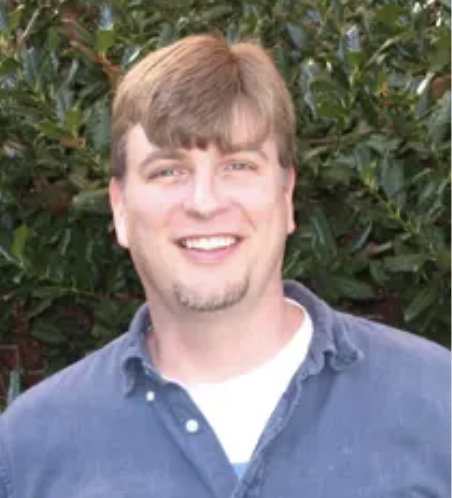
James Conder, Professor, Geology
-
The Earth Around You
The Earth Around You is geology applied to living. We will examine how geologic processes and hazards influence human activities (and the reverse) and the geologic aspects of economic pollution, and waste disposal problems. The most effective way to learn about the Earth and its processes is to observe it first-hand. We will have the opportunity to discover and observe the geologic processes, structures, and treasures that shape the world around them through a study abroad opportunity in Costa Rica. The country lies in a subduction zone making it prone to earthquakes, volcanoes, and tsunamis. At the same time, the volcanic soils and topography ranging from the coast to the volcanic highlands, make for a diverse ecology and agriculture. For example, bananas and coffee grow in different climes of which Costa Rica has both. The diversity in ecosystem range from rainforest to cloud forest to desert to estuaries and coral reefs. The country is a leader in renewable energy - primarily hydropower, but the development of Lake Arenal for hydropower has come with its own environmental costs. Travel to Costa Rica will occur over Spring Break and we will be meeting before and after the travel to prepare, reflect on, and analyze. Time TBD based on the cohort. Cost: app. $3400.
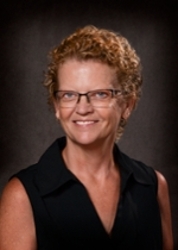
Atheana Meadows, Lecturer, Communication Disorders and Sciences
-
Auditory and Language Processing Disorders and the Effects on Literacy and Learning – New!
People with auditory processing disorders face certain challenges in communicating with others. They may have difficulty in "hearing" small differences in language (auditory processing disorders), continued listening in a noisy environment, or "making sense" of the words they hear. In this course, we will learn to identify and understand auditory processing deficits and their implications for how children acquire and process language and literacy. Understanding communication disorders is a universal skill, useful not just for teachers and health professionals, but in any walk of life. Designed for majors across campus, this seminar does not require any previous understanding of communication disorders. All you need to bring with you is your curiosity about how intricate and complex is our ability to communicate with others.
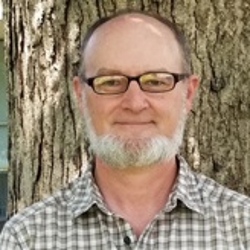
Charles Ruffner, Professor of Forestry, School of Forestry and Horticulture
-
Pyrogeography: The History of Fire on Earth – New!
Pyrogeography is the study of the history of fire on planet Earth integrating plant and animal evolution, global ecologies, and human-social developments through time, leading into modern issues of climate change and loss of biodiversity. Students will be exposed to the extremely long history of fire here on Earth that has shaped ecosystems as well as fostered our own human development and evolution through reading current literature and discussing modern issues of firestorms through mixed media presentations and videos. While the study of fire has a long history, this new field is exciting and integrates so many fields of scientific inquiry that surely students will find the course engaging, timely, and expansive to their breadth of studies here at the University.
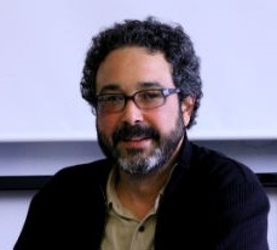
Jean-Pierre Reed, Associate Professor, Sociology
-
Social Movements – New!
Social Movements is intended to give students a broad understanding of social movement analysis and issues. It specifically sets out to answer the following questions: What is a social movement? In what ways do they change society? Under what conditions do social movements emerge? What are the objective and subjective conditions that make political contention possible? To answer these questions, UHON 351 sets out to study the civil rights movement and the various analytical theories and concepts associated with the study of social movements.
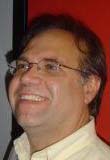
Kenneth Stikkers, Professor, College of Liberal Arts, School of History and Philosophy
-
Savage Inequalities: The Growing Wealth Gap in America
This course will (a) survey the extent of wealth disparity in the U.S.; (b) identify the causes for it, both within deep-rooted attitudes and social patterns in American history (e.g., capitalism, the Protestant ethic, social Darwinism, the Horatio Alger myth, and the American dream) and in more recent events, such as changing tax policies, increasing global competition, the decline of unions, and the changing American labor force; (c) consider the various consequences of such wealth inequality, such as its effects upon education, health, American democracy, and feelings of insecurity; and (d) offer philosophical and ethical principles of justice by which students can critically examine various proposals for reversing the growing inequality of wealth, such as tax reform, wage limits, reestablishment of unions, drawing from Native American gift economies and the highly successful Mondragon economic model in the Basque region of Spain.
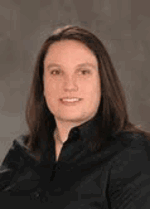
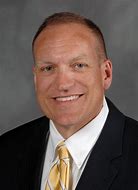
Bobbi Knapp, Associate Professor of Sport Studies, Kinesiology and Daniel Mahony President, Southern Illinois University System
-
Intercollegiate Athletics: Origins Through Contemporary
Intercollegiate athletics has been referred to as the front porch of the modern U.S. university. What started out as student-run sport clubs at elite private institutions eventually became recruiting and marketing tools for colleges and universities throughout the U.S. This course will chart the history of intercollegiate athletics from its start on the playing fields of Yale, Harvard, Princeton, and other private institutions as student-run, student-played, and student-coached sporting clubs to the development of the Power Five Conferences and football coaches who make over $8 million dollars a year. As part of this exploration, the course will also examine the impact of systems of socio-economic class, race, ethnicity, sex, gender, sexuality, disability on the intercollegiate athletic experience. We’ll also cover topics such as amateurism, labor unions, activism and protests, academic scandals, sport-industrial-military complex, and reform.
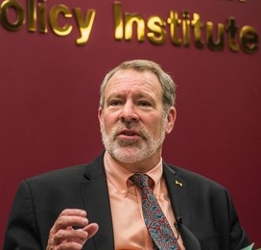
John Shaw, Adjunct Professor, Director of the Paul Simon Public Policy Institute.
-
Urban Intelligence: Systems and Models – New!
This course will examine the quality of statesmanship in the public affairs of the United States. It will examine the essential qualities of statesmanship, consider its importance in American history, and ask what can be done to restore the ethos of statesmanship in the United States. Statesmanship will be essential if the nation is to address such historic challenges as health care reform, deficits and debt, and climate change. Especially in the area of climate policy, the absence of statesmanship could have catastrophic consequences for the United States and the world.
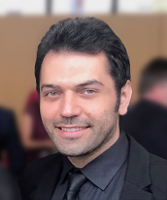
Mehdi Ashayeri, Ph.D., Assistant Professor, College of Arts and Media, Architecture
-
Designing Smart and Sustainable Cities-Promises and Challenges. - New!
In recent years, advances in new technologies of information and communication technology (ICT), internet of things (IoT), big data, and artificial intelligence (AI) have dramatically changed how we experience city life and the ways in which it is still being transformed. It is now possible to plan cities with a degree of information and coordination not possible before. In this course, we will study how these technological advances may be used to design cities that center the human experience, are environmentally sustainable, and capable of responding to an uncertain future. You will learn about contemporary explorations in designing smart and sustainable cities, the challenges they face, and what is currently possible. You will be introduced to methods employed by city planners, such as data visualization and using AI and big data to predict and model. This is an introductory course designed for students across different majors. No previous knowledge of urban planning is necessary, only your imagination about what city life can be.
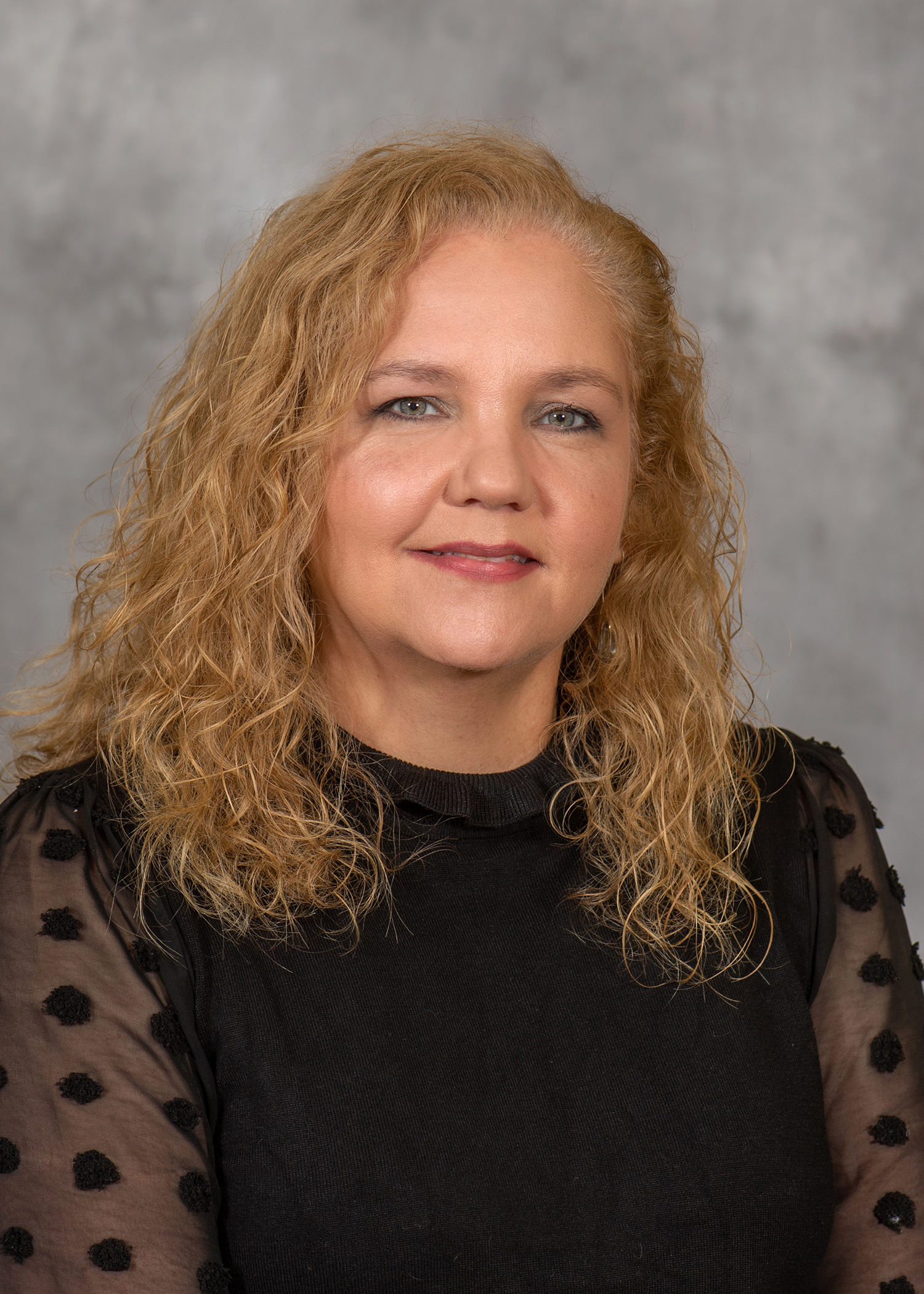
Elizabeth Donoghue, Assistant Director, University Honors Program
-
The Honors Colloquium
Learn about the world of opportunities that may support and enrich an undergraduate or graduate education. This course is an introduction to the process of applying for major scholarships; to the elements of writing style for major scholarship applications; and to other aspects typical of scholarships, graduate, and professional school applications. This class will guide you through this process of self-reflection as you craft essays, develop interview skills and discover research opportunities.
*Participation is highly selective and requires an application essay.
Contact Elizabeth Donoghue at Elizabeth.donoghue




